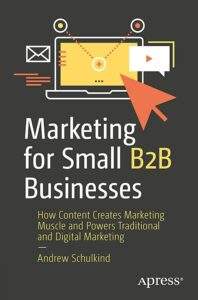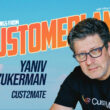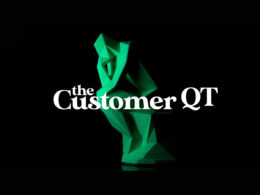If marketing starts when you click “publish” on a piece of content, “send” on a new email, or when you launch your firm’s new website, when does it end?
Too many marketers are comfortable handing off responsibility to other departments in their firm once a sale is won. That’s a mistake. Here’s an example illustrating why.
I recently bought a rack for my bike. I was planning a bikepacking trip and needed a way to carry a tent, sleeping bag, and other gear. I found one I liked and that was well-reviewed, and I was excited to see that it had a “fit kit” allowing me to mount it on my bike properly. (My bike isn’t specifically designed for bikepacking, so I knew that would be an issue.)
As it turns out, the fit kit wasn’t completely compatible with my bike. To the company’s credit, they recognized this when I contacted support and suggested a solution. That solution required buying a small part from another company, having it shipped to me (from England!), and crossing my fingers that it would actually work. (The issue was new to the rack company, so I wasn’t convinced it was a sure thing.)
So, rather than sharing a story with my biking friends about how sturdy the rack was or how easily it adapted to some mid-ride changes in what I was carrying — both of which are true — I’m telling this story to a wider audience.
I’m not naming names because the company stepped up to address the situation and I still believe in their products, but that belief now comes with an asterisk. Will I still recommend the rack if I’m asked about it? Yes. But I’ll also tell this story. And that’s because the company’s marketing made a promise that their product didn’t deliver on. The expertise they touted — and the premium price they charged — didn’t translate into the benefit I was expecting.
And that’s the lesson for all of us as marketers. Be wary of handing off responsibility entirely once the sales process starts — or the sale is completed. There are still opportunities for marketing wins throughout the customer experience as well as pitfalls to be avoided. And talking to current and former customers is a great way to find out about exactly these kinds of mismatches between marketing and your customers’ experience, whether big or small, that may be quietly — and negatively — impacting your marketing’s effectiveness.
Andrew Schulkind’s recently published book, Marketing for Small B2B Businesses – How Content Creates Marketing Muscle and Powers Traditional and Digital Marketing, is available on Amazon and elsewhere.

Photo by Valdemaras D. on Unsplash












